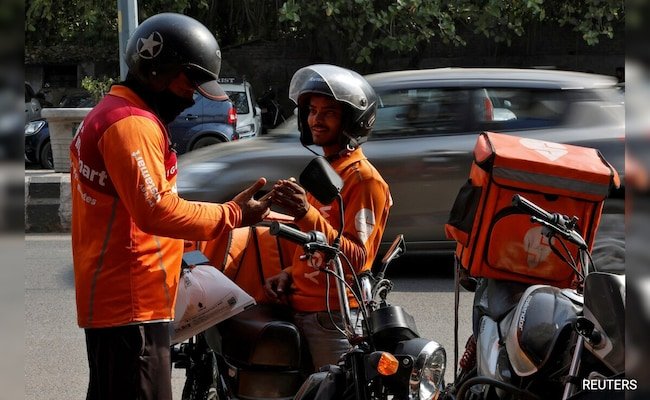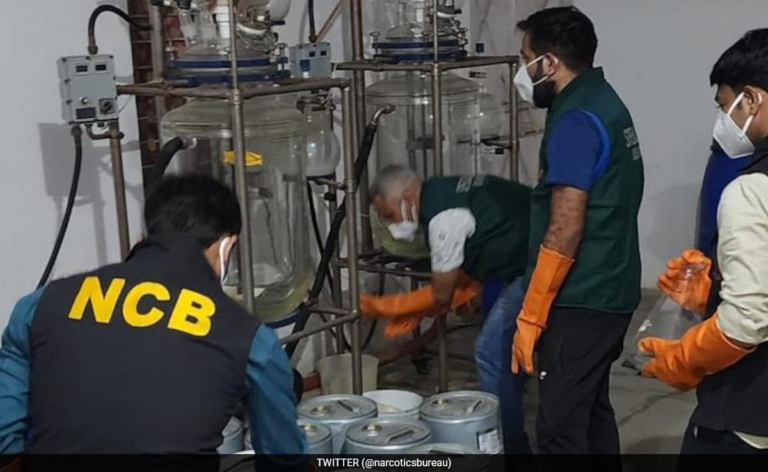

Representational Image
Swiggy Instamart, which was initially designed to deliver groceries and household essentials, now fulfils a wider range of needs. The quick commerce platform has expanded its catalogue to include electronics, sports gear, and now, items like bedsheets, which have climbed the sales charts in recent months.
Speaking at the CNBC-TV18’s Global Leadership Summit, CEO Sriharsha Majety revealed that bedsheets have emerged as the top-selling product on Swiggy Instamart.
“In the initial days, customers searched for batteries, but now they’re looking for bedsheets,” Mr Majety said.
He also stressed on the platform’s ability to adapt to users’ evolving needs: “You would wonder why people want bedsheets in 10 minutes, but they want it. They wanted a bedsheet, and if it could be available in 10 minutes, then they want it.”
Mr Majety pointed out that this shift is part of a broader trend where consumers are increasingly treating quick commerce as a convenient alternative to traditional e-commerce. “If users are getting used to the platform, they want more and more selection,” he said.
Despite this rapid growth, Mr Majety acknowledged the logistical limitations of instant delivery, saying it cannot yet “deliver the whole world” in 10 minutes. With the quick commerce market in India now valued at over $5.5 billion, companies are grappling with where to draw the line on instant deliveries.
Mr Majety’s remarks come just a day after Swiggy’s much-anticipated IPO on the company’s 10-year journey. The listing has intensified its rivalry with Zomato, which went public in 2021. Both companies are now vying for dominance in India’s quick commerce sector.
Reflecting on the competition, Mr Majety said, “Swiggy was born in the middle of a war. In 2014, we were like the 19th food delivery player… so we’ve seen that through. I can’t remember the last year or two where it felt like a little bit of calm. We don’t know any other world.”
Sriharsha Majety also spoke about the challenges of scaling Swiggy, stressing on the importance of collaborative growth. “The most challenging task for me as a founder was to take as many people along as possible. It is not always easy, but to choose that path of win-win every single time is the biggest challenge,” he said.




